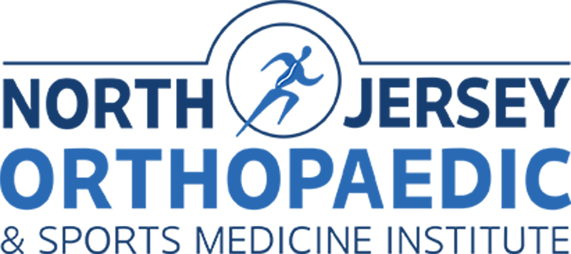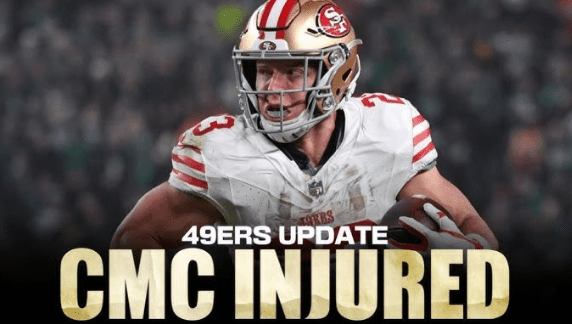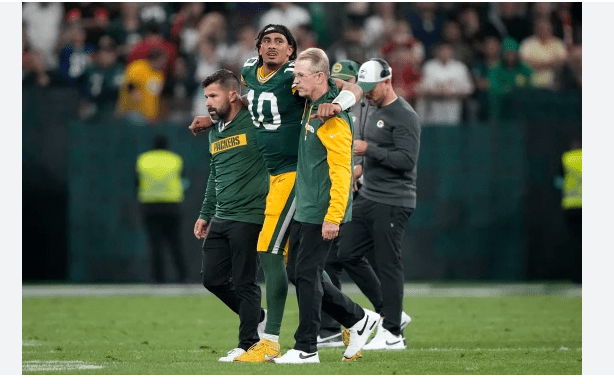In the world of sports, injuries are an unfortunate reality that every athlete faces at some point in their career. Recently, Minnesota Vikings quarterback JJ McCarthy made headlines when it was announced that he would undergo surgery for a torn meniscus in his right knee. This type of injury, while common among athletes, can be devastating if not properly treated. Understanding the nature of this injury and how athletes recover is crucial not only for professionals but for anyone engaged in physical activities.
Understanding the Torn Meniscus
The meniscus is a C-shaped piece of cartilage in the knee that acts as a cushion between the thighbone (femur) and the shinbone (tibia). There are two menisci in each knee joint, and they play a critical role in stabilizing the knee and absorbing shock during activities like running, jumping, and pivoting—movements that are integral to sports like football.
A torn meniscus typically occurs when an athlete makes a sudden twist or turn, especially with the foot planted while the knee is bent. This can happen in a variety of sports, from football to basketball to soccer. The severity of the tear can range from minor, where the knee might still function relatively normally, to major, where the knee may lock or give way, causing significant pain and instability.
Symptoms and Diagnosis
The symptoms of a torn meniscus can vary depending on the severity of the tear. Common symptoms include:
- Pain: This is usually localized to the area of the tear, often felt along the inside or outside of the knee.
- Swelling: Swelling in the knee may develop within hours or over the course of a day after the injury.
- Stiffness: The knee may feel tight, making it difficult to fully extend or bend the leg.
- Locking or Catching: In some cases, pieces of the torn meniscus can interfere with the normal movement of the knee joint, causing it to lock or catch.
- Instability: The knee may feel as though it’s going to give way or cannot support your weight.
Diagnosis typically involves a physical examination by a healthcare provider, who will assess the knee’s range of motion and check for tenderness or swelling. Imaging tests, such as an MRI, are often used to confirm the diagnosis and determine the extent of the tear.
Treatment Options
Treatment for a torn meniscus depends on several factors, including the size and location of the tear, the patient’s age, activity level, and overall knee health. The main options include:
- Conservative Management: For minor tears, rest, ice, compression, and elevation (RICE) along with physical therapy may be sufficient. Anti-inflammatory medications can help manage pain and swelling.
- Surgical Repair: In cases where the tear is large, causes significant symptoms, or is located in a part of the meniscus with good blood supply (which improves healing chances), surgical repair may be recommended. This is likely the route JJ McCarthy will take, as surgery can often allow athletes to return to their previous level of performance.
- Meniscectomy: In some cases, part of the damaged meniscus is removed (partial meniscectomy) to alleviate symptoms. This option is usually considered if the tear is in a part of the meniscus with poor blood supply, where natural healing is unlikely.
- Meniscus Transplantation: In rare cases, a meniscus transplant might be an option, particularly for younger patients who have had a significant portion of their meniscus removed.
Rehabilitation and Recovery
Recovery from a torn meniscus, especially after surgery, involves a structured rehabilitation program designed to restore knee function, improve strength, and prevent future injuries. The timeline for recovery can vary depending on the severity of the tear and the type of treatment received, but most athletes can expect to be sidelined for several weeks to a few months.
Physical Therapy: Rehabilitation often begins with physical therapy, which focuses on reducing swelling, restoring range of motion, and gradually strengthening the muscles around the knee. As strength and stability improve, the athlete can start more specific exercises tailored to their sport.
Return to Play: Returning to sports after a meniscus injury requires a careful balance between ensuring the knee is fully healed and not rushing back too soon, which could lead to re-injury. Athletes will typically undergo a series of tests to assess their knee’s stability, strength, and function before being cleared to return to play.
Dr. Mike Russonella: Helping Athletes Recover
At the North Jersey Orthopedic & Sports Medicine Institute, Dr. Mike Russonella specializes in the diagnosis, treatment, and rehabilitation of sports-related injuries like meniscus tears. With extensive experience in sports medicine, Dr. Russonella has helped athletes of all levels—from high school players to professionals—recover from injuries and return to the activities they love.
Personalized Care: Dr. Russonella understands that every athlete is unique, and so is every injury. He takes the time to develop personalized treatment plans that address the specific needs of each patient, ensuring the best possible outcome.
Advanced Techniques: Utilizing the latest surgical techniques and rehabilitation protocols, Dr. Russonella is committed to helping his patients recover quickly and safely. Whether it’s a minor injury or a more complex case like JJ McCarthy’s torn meniscus, Dr. Russonella’s expertise ensures that athletes receive the highest standard of care.
Prevention and Education: Beyond treatment, Dr. Russonella emphasizes the importance of injury prevention and education. By working with athletes on conditioning and injury prevention strategies, he helps reduce the risk of future injuries, keeping them in the game longer.
Conclusion
Injuries like JJ McCarthy’s torn meniscus are a stark reminder of the physical toll sports can take on the body. However, with the right treatment and rehabilitation, athletes can recover and return to their sport stronger than ever. For anyone dealing with a sports-related injury, seeking the expertise of a specialist like Dr. Mike Russonella at North Jersey Orthopedic & Sports Medicine Institute can make all the difference in your recovery journey.
If you or someone you know is struggling with a sports injury, don’t wait—contact Dr. Russonella today and take the first step towards getting back in the game.






